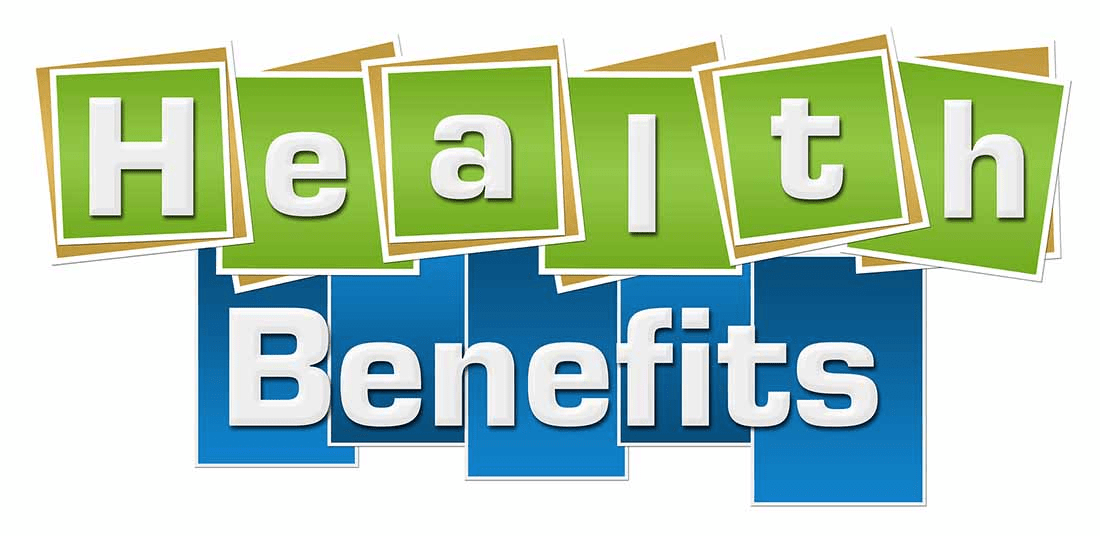FSA HSA Eligible
Important (Please Read): Click On Buttons Or Linked Words Highlighted In Blue To Be Redirected To Correct Page.
What Are My FSA Eligible Expenses?
The IRS determines which expenses are eligible for reimbursement. Eligible expenses include health plan co-payments, dental work and orthodontia, eyeglasses and contact lenses, and prescriptions.
Standard FSA:
This type of FSA is offered by most employers. It covers medical, dental, vision, and pharmacy expenses. If you have a Standard FSA, you are ineligible for contributing to an HSA. If there is a checkmark in the first column of the eligible expense list this expense is covered under the Standard FSA. If there isn’t a checkmark the expense is not covered under the FSA.
Limited-Purpose FSA:
This type of FSA (also known as HSA-Compatible FSA) is for people who want to contribute to an HSA and who also have expected dental and vision expenses. Because this type of FSA does not cover any medical or pharmacy expenses, it does not disqualify you from contributing to an HSA. A Limited-Purpose FSA lets you take advantage of both an HSA and FSA. If there is a checkmark in the second column of the eligible expense list this expense is covered under the Limited FSA. If there isn’t a checkmark the expense is not covered under the Limited FSA.
Letter:
In addition to the required detailed receipt, you will need to submit a Letter of Medical Necessity, signed by your doctor, to verify this expense is a medically-necessary treatment for a known medical condition.
Rx:
The Affordable Care Act (ACA) requires you submit an actual prescription from your doctor, in addition to the required detailed receipt. The prescription must be written by your doctor (on a prescription pad or form) and dated on or before the date you incurred the expense to verify this over-the-counter medicine is prescribed for a known medical condition.
The IRS determines which expenses are eligible for reimbursement. Eligible expenses include health plan co-payments, dental work and orthodontia, eyeglasses and contact lenses, and prescriptions.
Standard FSA:
This type of FSA is offered by most employers. It covers medical, dental, vision, and pharmacy expenses. If you have a Standard FSA, you are ineligible for contributing to an HSA. If there is a checkmark in the first column of the eligible expense list this expense is covered under the Standard FSA. If there isn’t a checkmark the expense is not covered under the FSA.
Limited-Purpose FSA:
This type of FSA (also known as HSA-Compatible FSA) is for people who want to contribute to an HSA and who also have expected dental and vision expenses. Because this type of FSA does not cover any medical or pharmacy expenses, it does not disqualify you from contributing to an HSA. A Limited-Purpose FSA lets you take advantage of both an HSA and FSA. If there is a checkmark in the second column of the eligible expense list this expense is covered under the Limited FSA. If there isn’t a checkmark the expense is not covered under the Limited FSA.
Letter:
In addition to the required detailed receipt, you will need to submit a Letter of Medical Necessity, signed by your doctor, to verify this expense is a medically-necessary treatment for a known medical condition.
Rx:
The Affordable Care Act (ACA) requires you submit an actual prescription from your doctor, in addition to the required detailed receipt. The prescription must be written by your doctor (on a prescription pad or form) and dated on or before the date you incurred the expense to verify this over-the-counter medicine is prescribed for a known medical condition.
HSA Eligibility:
To be eligible for an HSA, you must meet the following requirements, as defined by the IRS:
Other restrictions and exceptions may also apply. We recommend that you consult a tax, legal or financial advisor to discuss your personal circumstances.
What’s a high-deductible health plan?
The IRS defines a qualifying high-deductible health plan as having:
2019:
2020:
Coverage of adult children:
Health care reform legislation passed in 2010 allows adult children up to age 26 to be covered by parents’ health plans, including high-deductible plans.
The tax laws regarding HSAs have not changed, however an adult child must still be considered a tax dependent in order for his or her medical expenses to qualify for payment or reimbursement from a parent’s HSA.
If you are under age 26 and covered by a parent’s HSA-eligible, high-deductible health plan, you may be able to open and fund an HSA yourself and can contribute up to the IRS family maximum. The criteria above still apply. Consult a knowledgeable benefits consultant or tax advisor.
To be eligible for an HSA, you must meet the following requirements, as defined by the IRS:
- You must be covered under a qualifying high-deductible health plan (HDHP) on the first day of the month.
- You have no other health coverage except what is permitted by the IRS.
- You are not enrolled in Medicare, TRICARE or TRICARE for Life.
- You can’t be claimed as a dependent on someone else’s tax return.
- You haven’t received Veterans Affairs (VA) benefits within the past three months, except for preventive care. If you have a disability rating from the VA, this exclusion doesn’t apply.
- You do not have a health care flexible spending account (FSA) or health reimbursement account (HRA). Alternative plan designs, such as a limited-purpose FSA or HRA, might be permitted.
Other restrictions and exceptions may also apply. We recommend that you consult a tax, legal or financial advisor to discuss your personal circumstances.
What’s a high-deductible health plan?
The IRS defines a qualifying high-deductible health plan as having:
2019:
- A minimum annual deductible of $1,350 individual/$2,700 family
- An out-of-pocket maximum of $6,750 individual/$13,500 family
2020:
- A minimum annual deductible of $1,400 individual/$2,800 family
- An out-of-pocket maximum of $6,900 individual/$13,800 family
Coverage of adult children:
Health care reform legislation passed in 2010 allows adult children up to age 26 to be covered by parents’ health plans, including high-deductible plans.
The tax laws regarding HSAs have not changed, however an adult child must still be considered a tax dependent in order for his or her medical expenses to qualify for payment or reimbursement from a parent’s HSA.
If you are under age 26 and covered by a parent’s HSA-eligible, high-deductible health plan, you may be able to open and fund an HSA yourself and can contribute up to the IRS family maximum. The criteria above still apply. Consult a knowledgeable benefits consultant or tax advisor.
|
"I put the 6 month challenge to the test and now I no longer experience back pain like I use to. The cramps in my legs I use to experience are practically gone."
~Sheldon B. |
"I started having massages with Ryan every 2 weeks. The pain that was excruciating before is no longer there. I don't give up my massages for anything. Thank you so much Ryan!" ~Rebekah H.
|
"I've been getting a massage every 4 weeks from Ryan for a few years now. People are telling me that I am looking younger and more vibrant. I give credit to my regular massages."
~Tim G. |
-For Scheduling An Appointment Online
Body Smirks LLC
Experience The New You!
Wellness Services since July 2015
Solo Practitioner Ryan Potter's TX License #: MT128655
Solo Practitioner Ryan Potter's TX License #: MI3724
Solo Practitioner Ryan Potter's NPI #: 1982209698
San Antonio, TX





